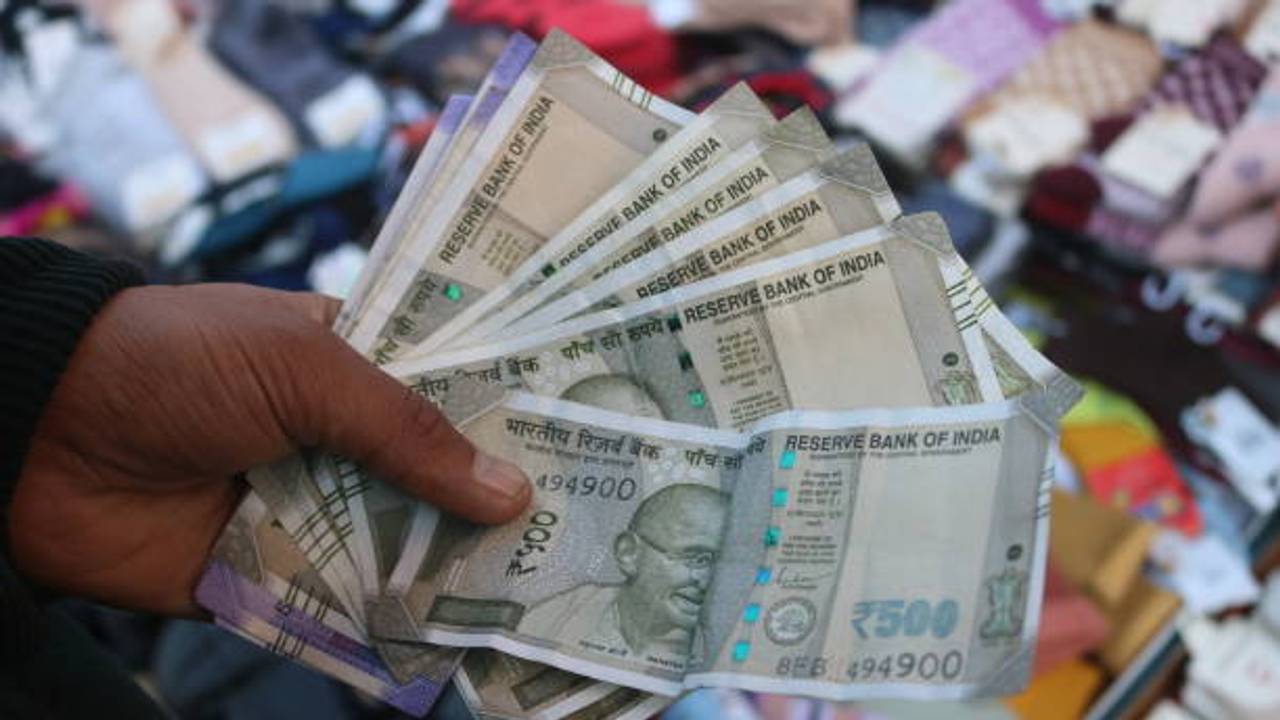Achieve financial freedom by assessing your current financial situation, defining your financial goals, and tackling debt while building wealth through investments.
Every year, Independence Day reminds us of the value of freedom—hard-earned, cherished, and worth protecting. But beyond waving the flag and watching the parade, there’s another kind of freedom worth pursuing: financial freedom. Imagine living life without the constant stress of EMIs, bills, or wondering if you’ll have enough for the future. That’s what financial independence is all about—having control over your money instead of your money controlling you.
Here’s how you can start your journey this Independence Day:
1. Start with a Reality Check
You can’t plan the journey without knowing where you are right now.
Write down your income, expenses, debts, and savings. It’s not the most exciting task, but trust me—it’s eye-opening. Once you see the numbers, you’ll know exactly where your money is going and where you can cut back.
2. Define Your Freedom
Financial freedom means different things to different people.
For some, it’s being debt-free. For others, it’s retiring early or having the flexibility to travel whenever they want. Whatever your version is, make it specific and measurable—like “save Rs 10 lakh in five years” instead of “be rich someday.”
3. Tackle Debt, Build Wealth
Debt can feel like chains holding you back. Break them—starting with high-interest loans like credit cards or personal loans.
And here’s the trick: while paying off debt, also start investing. Even small investments in mutual funds, stocks, or FDs can grow into something big over time.
4. Don’t Depend on One Paycheck
If your salary is your only income, one bad month can throw you off track.
Find ways to earn extra—freelance work, renting out property, selling digital products, or investing in dividend stocks. Even a side hustle that brings in a few thousand rupees a month can make a big difference.
5. Protect Your Freedom
Earning is important, but protecting what you earn is just as crucial.
Get health insurance, term life insurance, and build an emergency fund that covers at least 6 months of expenses. That safety net will keep you afloat if life throws surprises your way.
